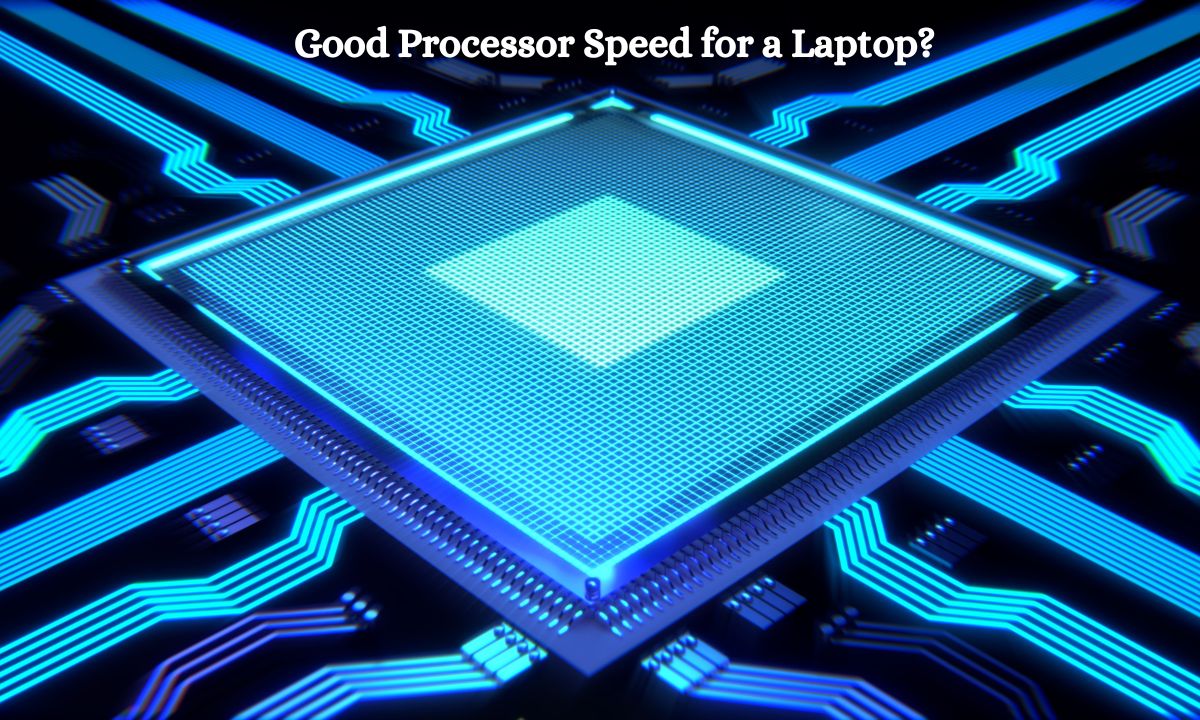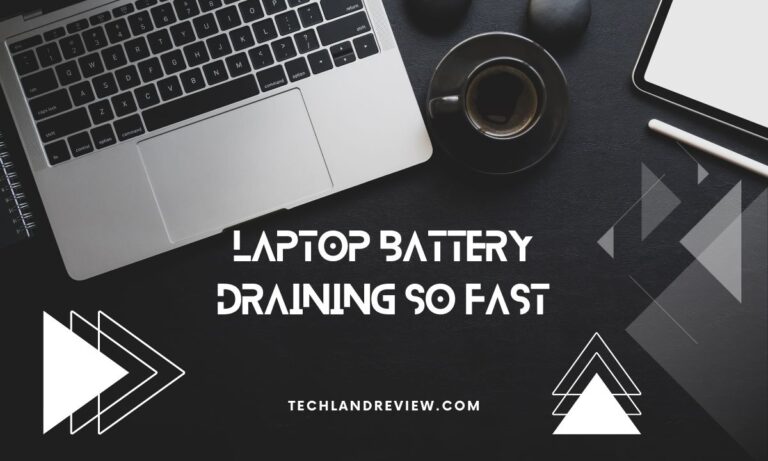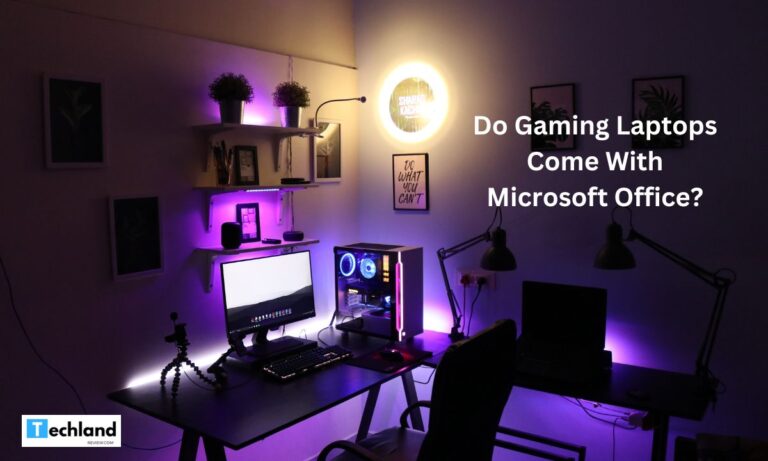What Is a Good Processor Speed for a Laptop?
Are you in the market for a new laptop and wondering what constitutes a good processor speed? The processor speed of a laptop plays a crucial role in determining its…
Are you in the market for a new laptop and wondering what constitutes a good processor speed? The processor speed of a laptop plays a crucial role in determining its performance and how well it handles various tasks. In this comprehensive guide, we will explore the factors to consider when evaluating processor speed, how it impacts your laptop’s performance, and what you should look for when choosing a laptop based on processor speed.
Understanding Processor Speed
The processor, also known as the central processing unit (CPU), is the brain of your laptop. It executes instructions, performs calculations, and manages data flow within the system. Processor speed refers to the clock speed at which the CPU operates and is measured in gigahertz (GHz). It represents the number of cycles per second that the processor can execute.
A higher processor speed generally means that the CPU can handle more instructions and perform calculations more quickly. This can result in faster overall performance and smoother multitasking capabilities. However, it’s important to note that processor speed is not the only factor that determines a laptop’s performance. Other factors, such as the number of cores, cache size, and architecture, also play a significant role.
Also Read:- What Is AMD Equivalent To Intel Core I5?
Factors to Consider
When evaluating what constitutes a good processor speed for a laptop, it’s essential to consider your specific needs and use cases. Here are some factors to keep in mind:
1. Usage Requirements
Consider the tasks and applications you will be using on your laptop. If you primarily use your laptop for basic activities like web browsing, email, word processing, and streaming media, a lower processor speed may suffice. Processors in the range of 1.6 GHz to 2.5 GHz are generally suitable for these everyday computing needs.
On the other hand, if you engage in more demanding tasks such as photo and video editing, 3D rendering, or gaming, a higher processor speed is recommended. Processors with speeds ranging from 2.5 GHz to 3.5 GHz or higher can handle resource-intensive applications more effectively.
2. Multitasking Capability
Consider whether you tend to multitask frequently, running multiple applications simultaneously. If you’re a heavy multitasker, a higher processor speed becomes even more crucial. A faster processor can efficiently handle the demands of running multiple applications at the same time, ensuring smooth performance and responsiveness.
3. Generation and Architecture
Pay attention to the generation and architecture of the processor. Newer generations of processors often come with advancements in performance, power efficiency, and additional features. They may offer better overall performance compared to older generations.
Additionally, different processor architectures can have varying levels of efficiency and optimization for specific tasks. It’s worth researching the specific processor models and their architectures to understand how they align with your requirements.
Other Performance Factors
While processor speed is an important consideration, it’s not the sole determinant of a laptop’s performance. Other factors can also impact overall system performance. Let’s explore a few of them:
1. Number of Cores
Modern processors often have multiple cores, which allows them to handle more tasks simultaneously. Dual-core processors are common in entry-level laptops, while quad-core and hexa-core processors are found in mid-range to high-end laptops. More cores enable better multitasking capabilities and improved performance in tasks that can be parallelized, such as video editing or 3D rendering.
2. Cache Size
The cache is a small, high-speed memory located on the CPU. It serves as a temporary storage space for frequently accessed data, instructions, and calculations. A larger cache size can improve processor performance by reducing the time it takes for the CPU to retrieve data. It enables faster access to frequently used information, resulting in improved overall system performance.
3. Thermal Design Power (TDP)
The thermal design power, or TDP, is the maximum amount of heat that a processor generates and needs to dissipate. Higher-end processors tend to have higher TDP values due to their increased performance capabilities. However, this can also lead to increased heat output and power consumption. It’s important to consider the cooling capabilities of the laptop and the impact on battery life, especially if you require portability.
Frequently Asked Questions
Can I upgrade the processor speed of my laptop?
No, the processor speed of a laptop is generally not upgradeable. Processors are typically soldered onto the motherboard and cannot be easily replaced or upgraded. If you require higher processing power, you would need to consider purchasing a new laptop with a faster processor.
Is a higher processor speed always better?
While a higher processor speed generally indicates better performance, it’s not the sole factor that determines a laptop’s overall performance. Other factors like the number of cores, cache size, and architecture also contribute to the overall computing experience. It’s important to consider these factors in conjunction with processor speed when evaluating a laptop’s performance capabilities.
How does processor speed impact battery life?
A higher processor speed often requires more power, which can have an impact on battery life. Processors that operate at higher speeds tend to consume more energy, leading to reduced battery longevity. If you prioritize longer battery life, it may be worth considering laptops with processors optimized for power efficiency or laptops that offer power-saving features.
Conclusion
Choosing the right processor speed for your laptop is crucial to ensure optimal performance based on your specific needs and use cases. Understanding the balance between power and efficiency, considering factors like multitasking capabilities and the generation of the processor, and evaluating other performance factors such as the number of cores and cache size will help you make an informed decision.
By carefully considering these aspects, you can select a laptop with a processor speed that aligns with your requirements and provides a smooth and efficient computing experience.







